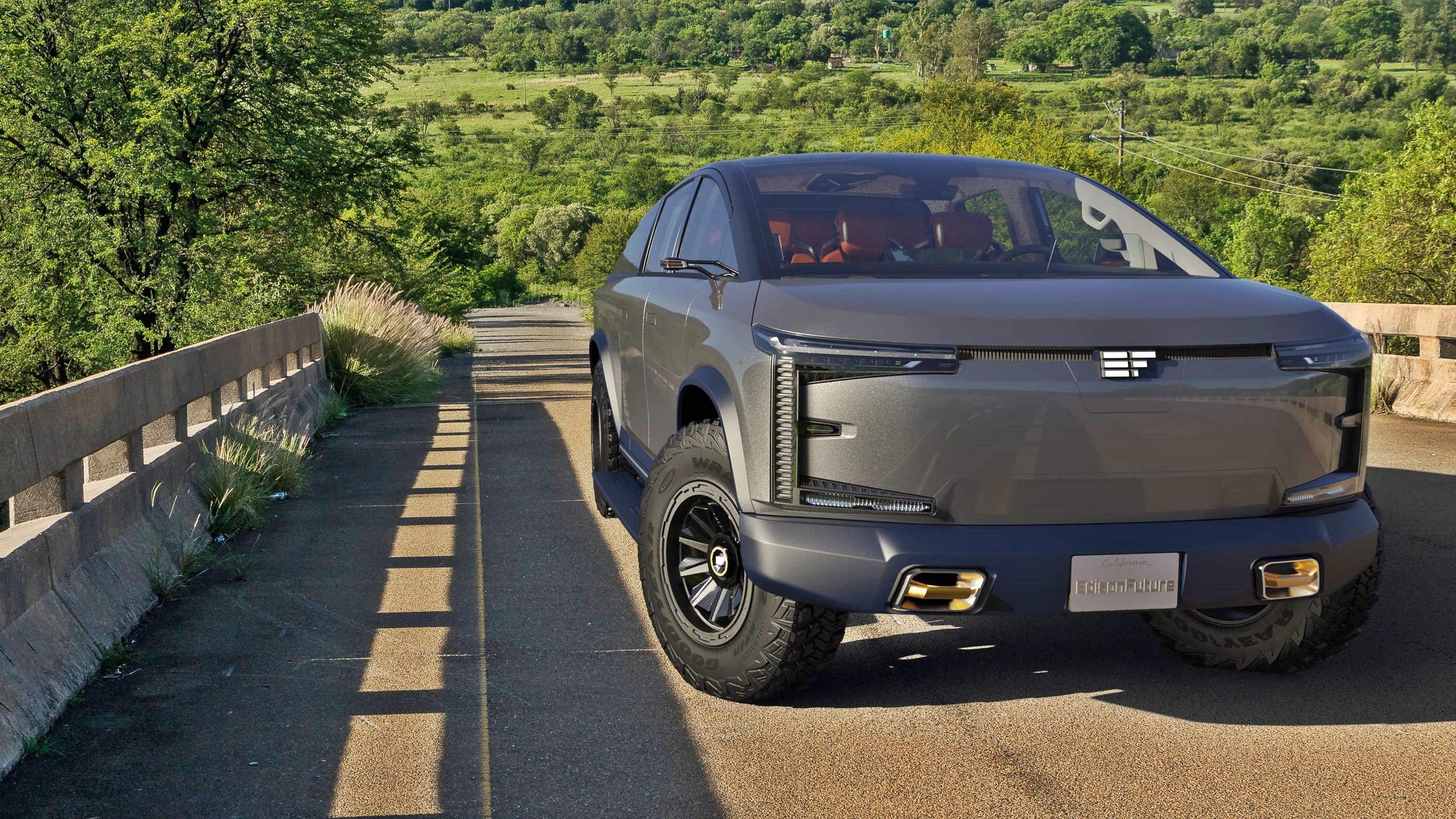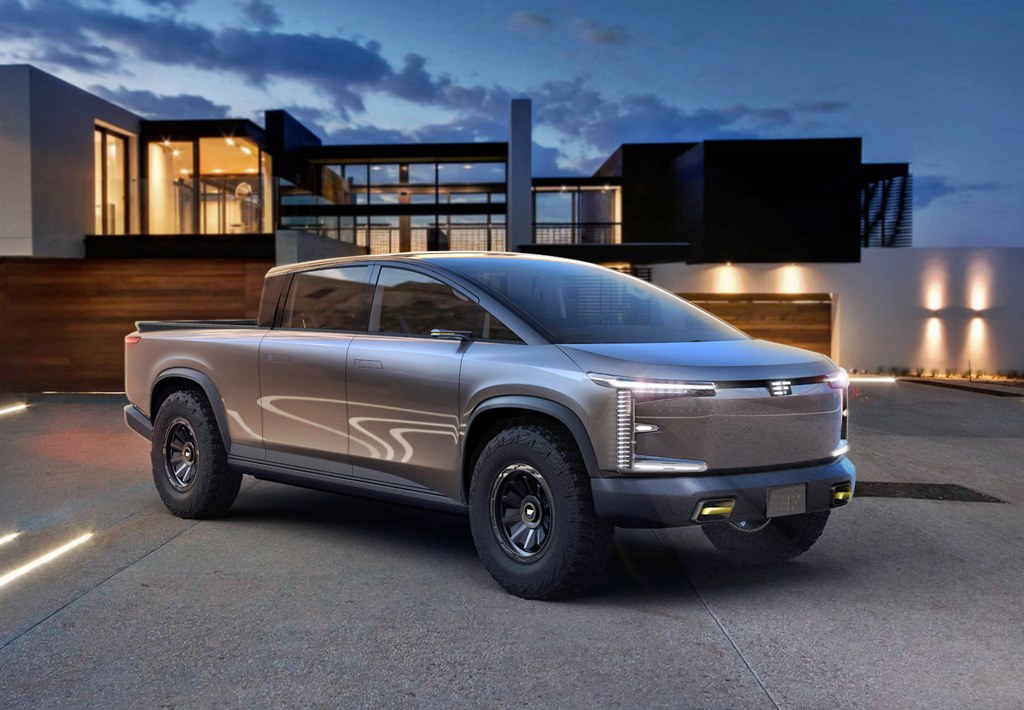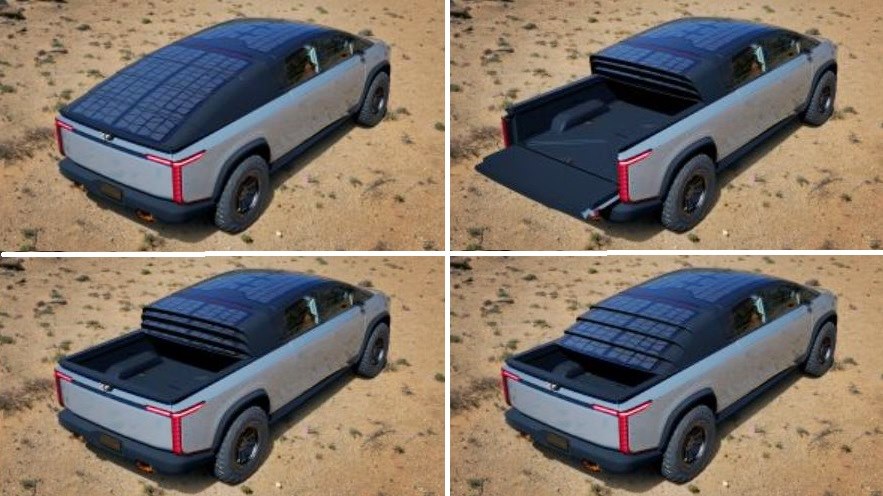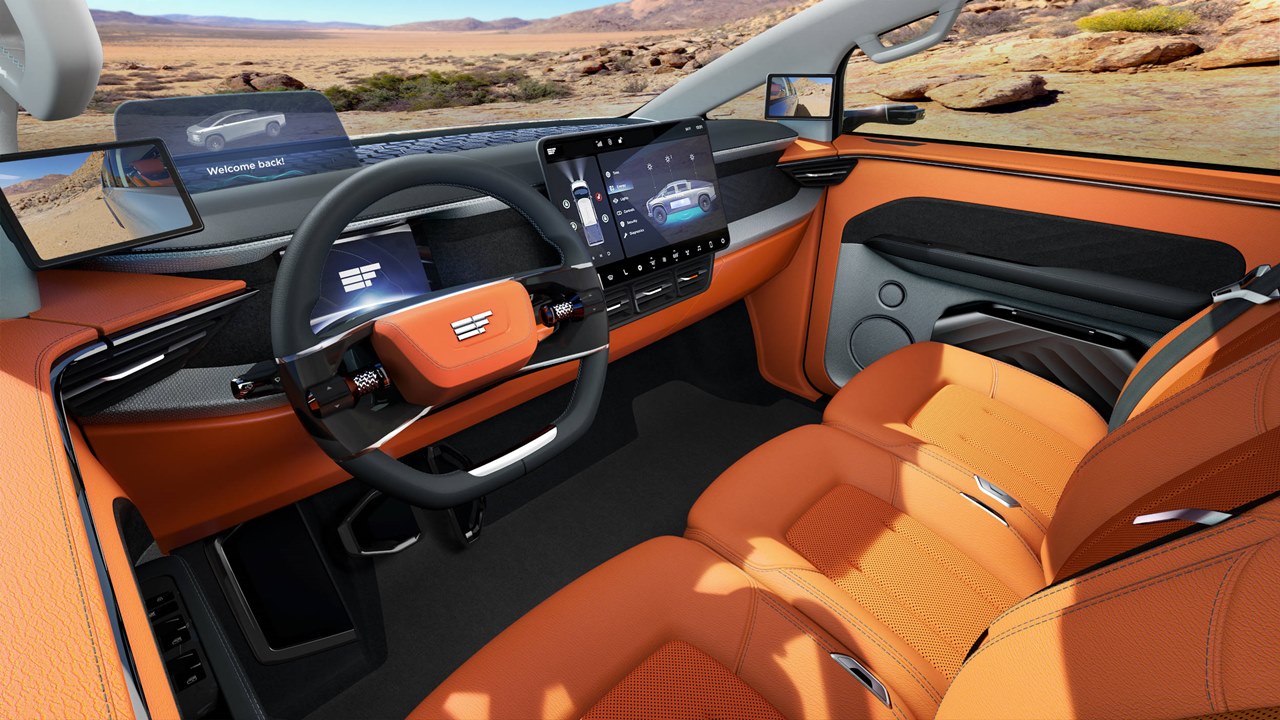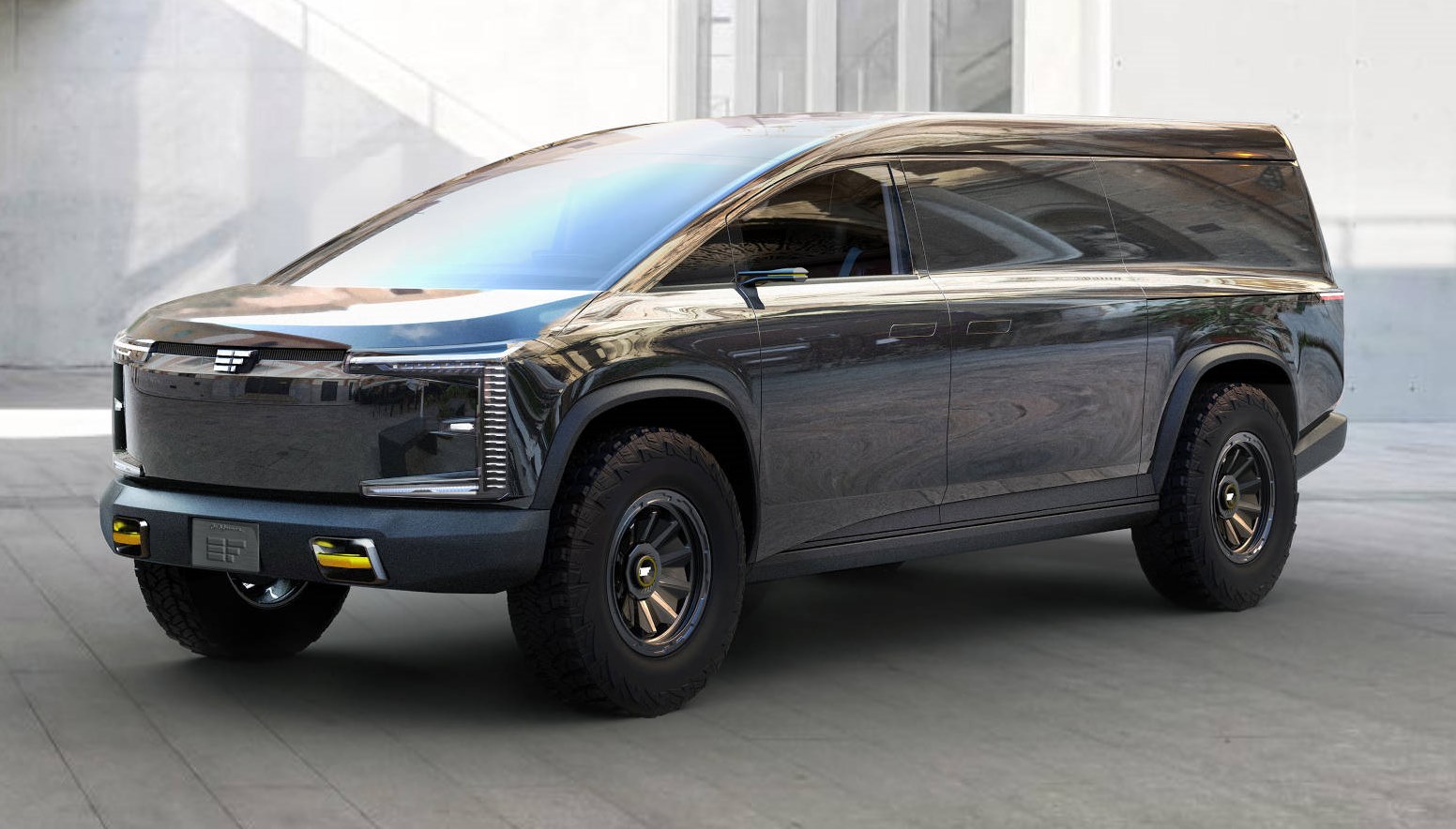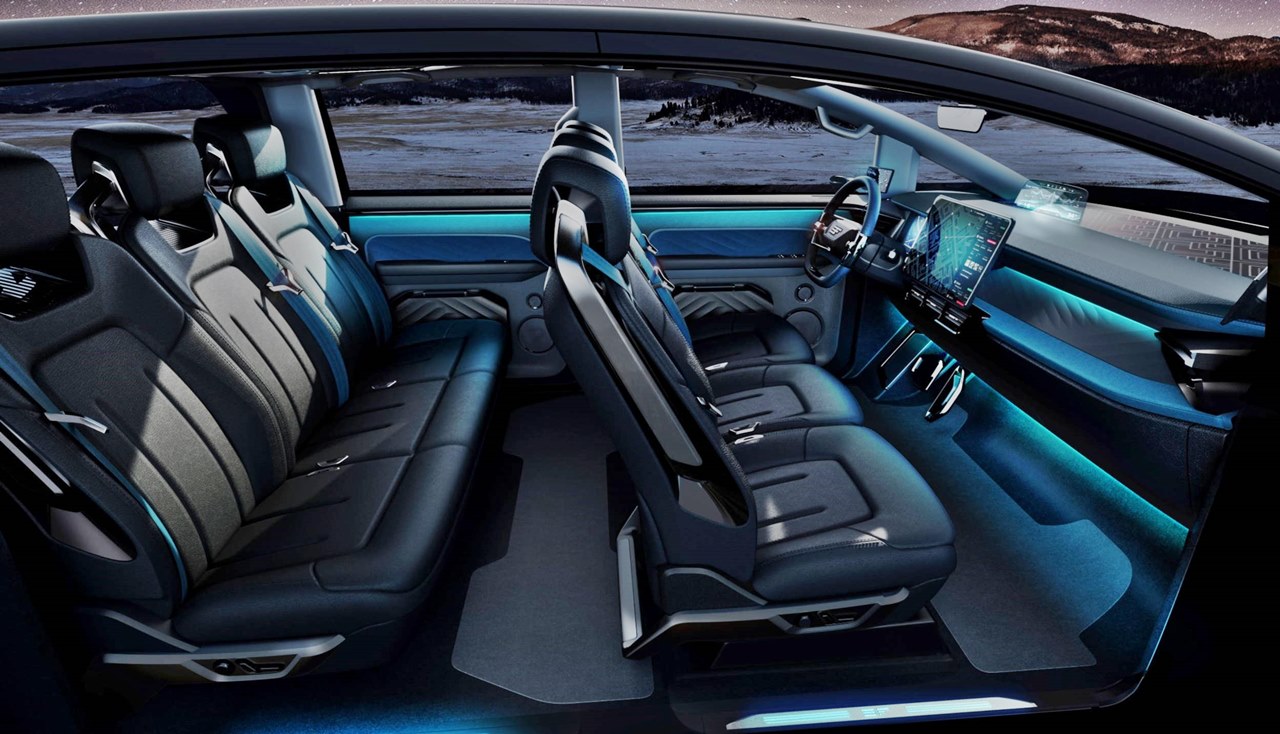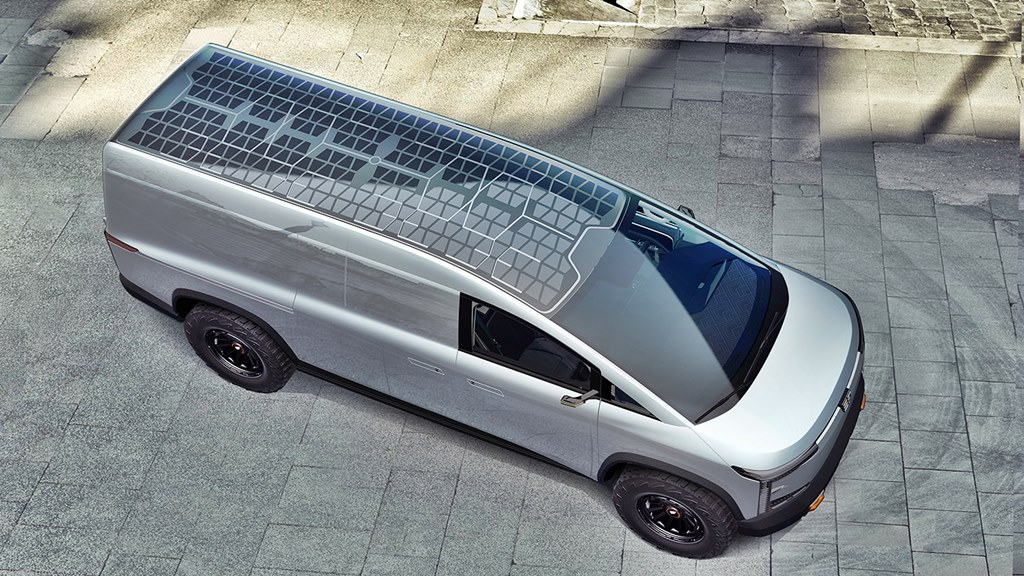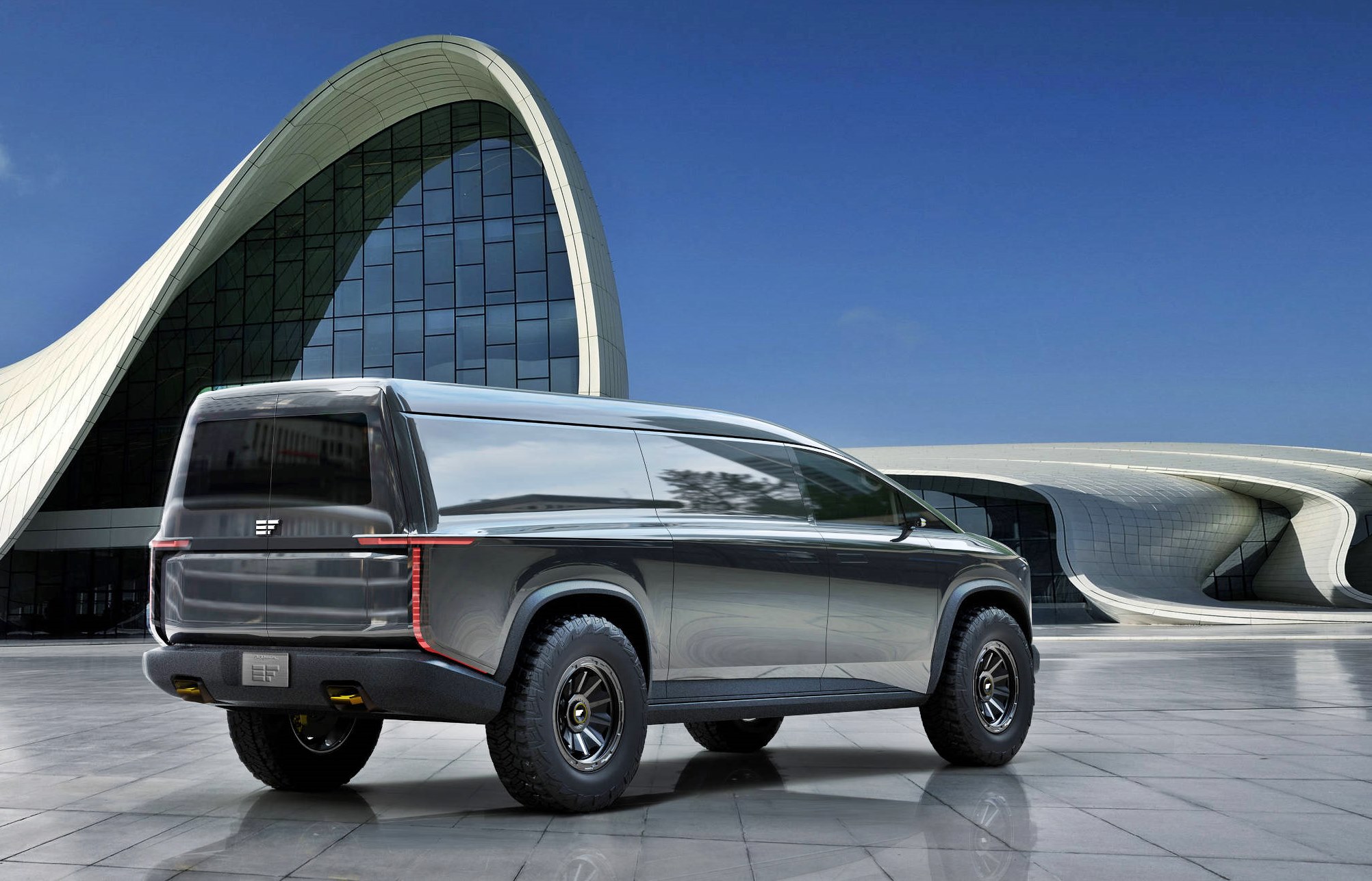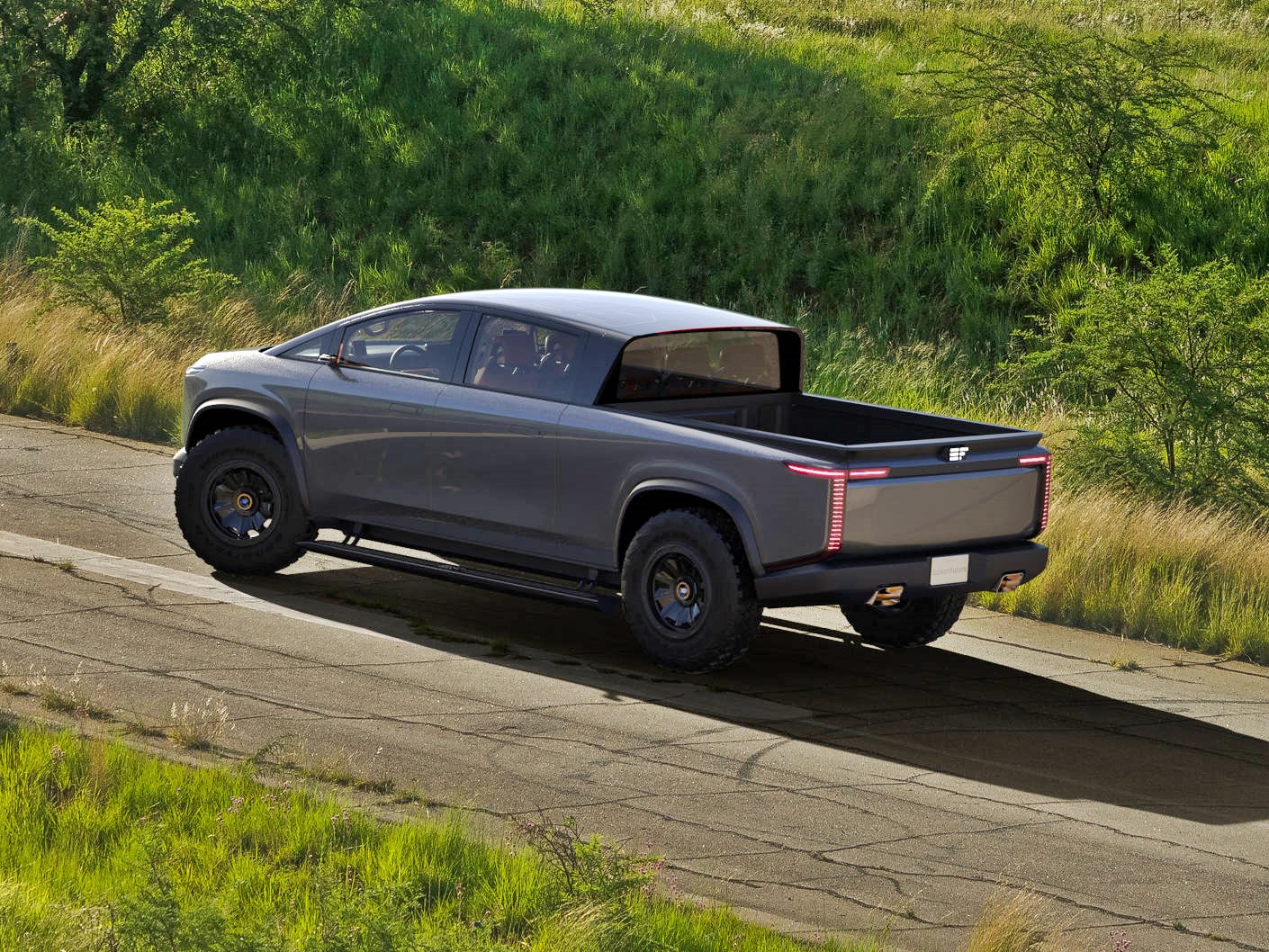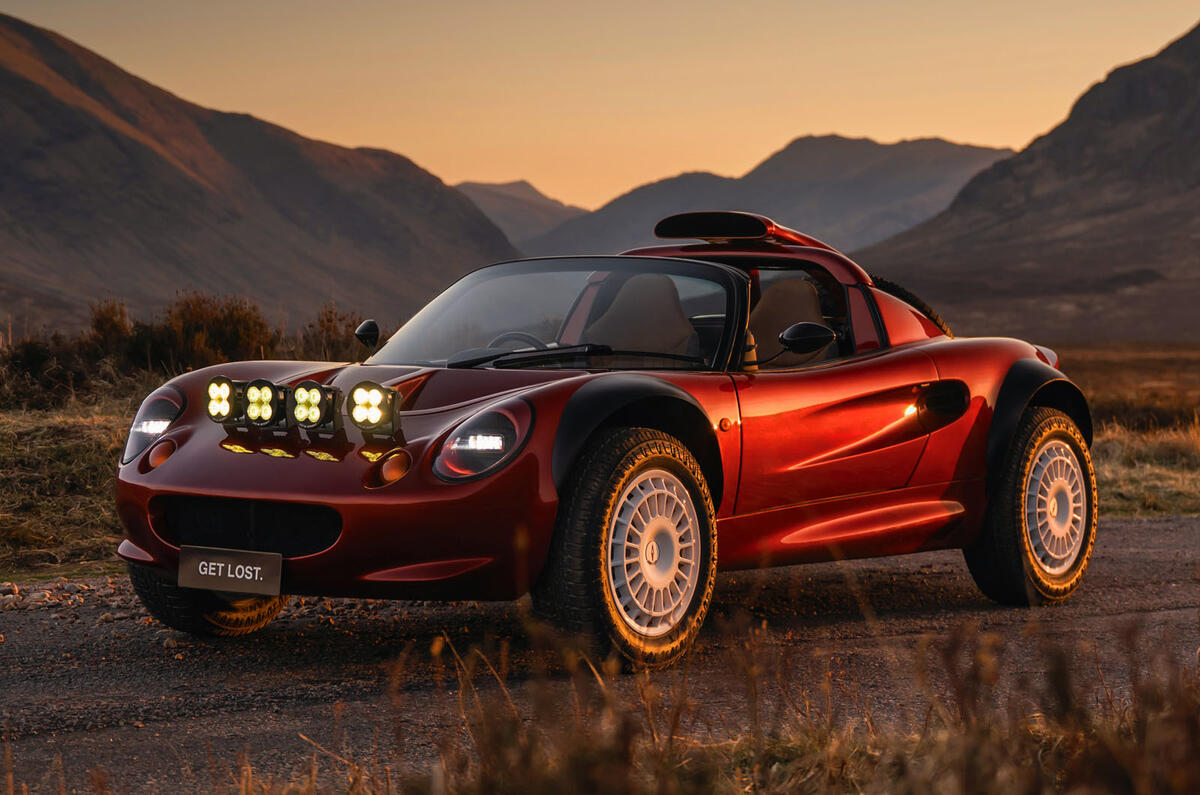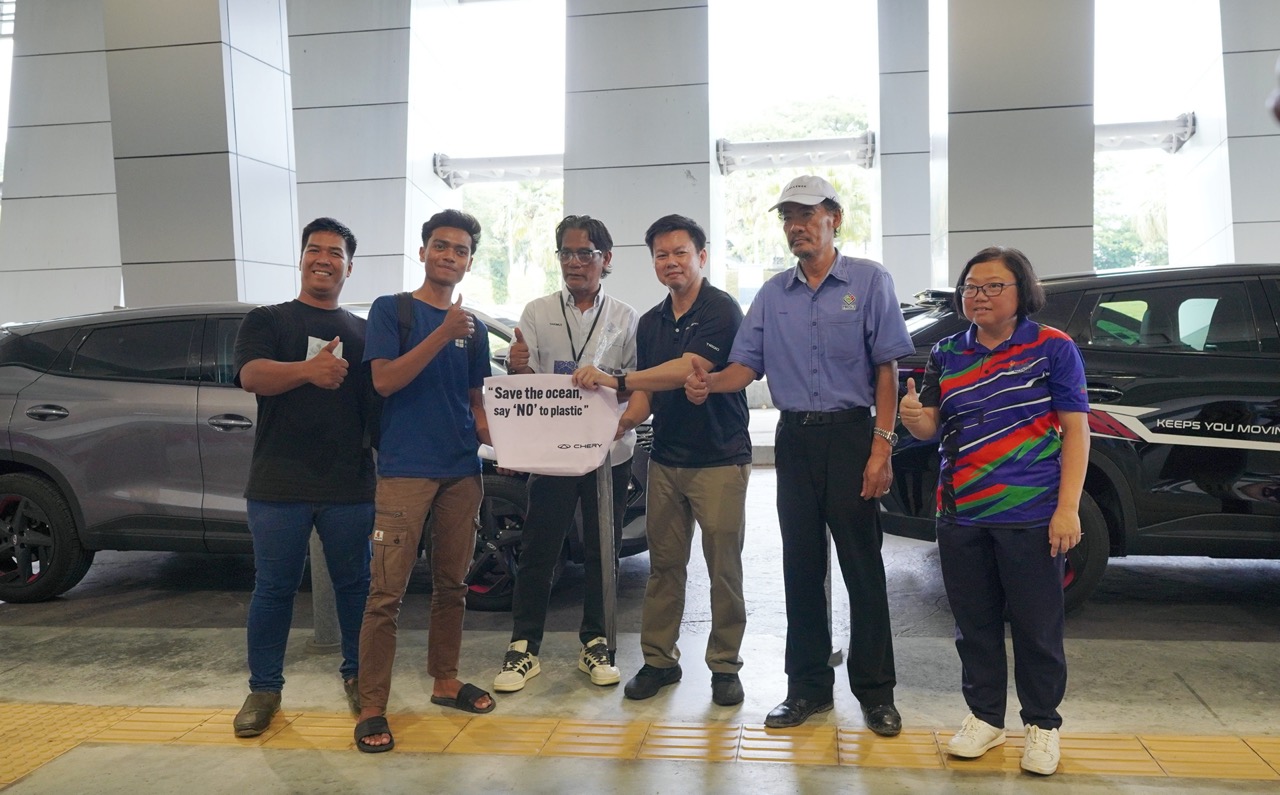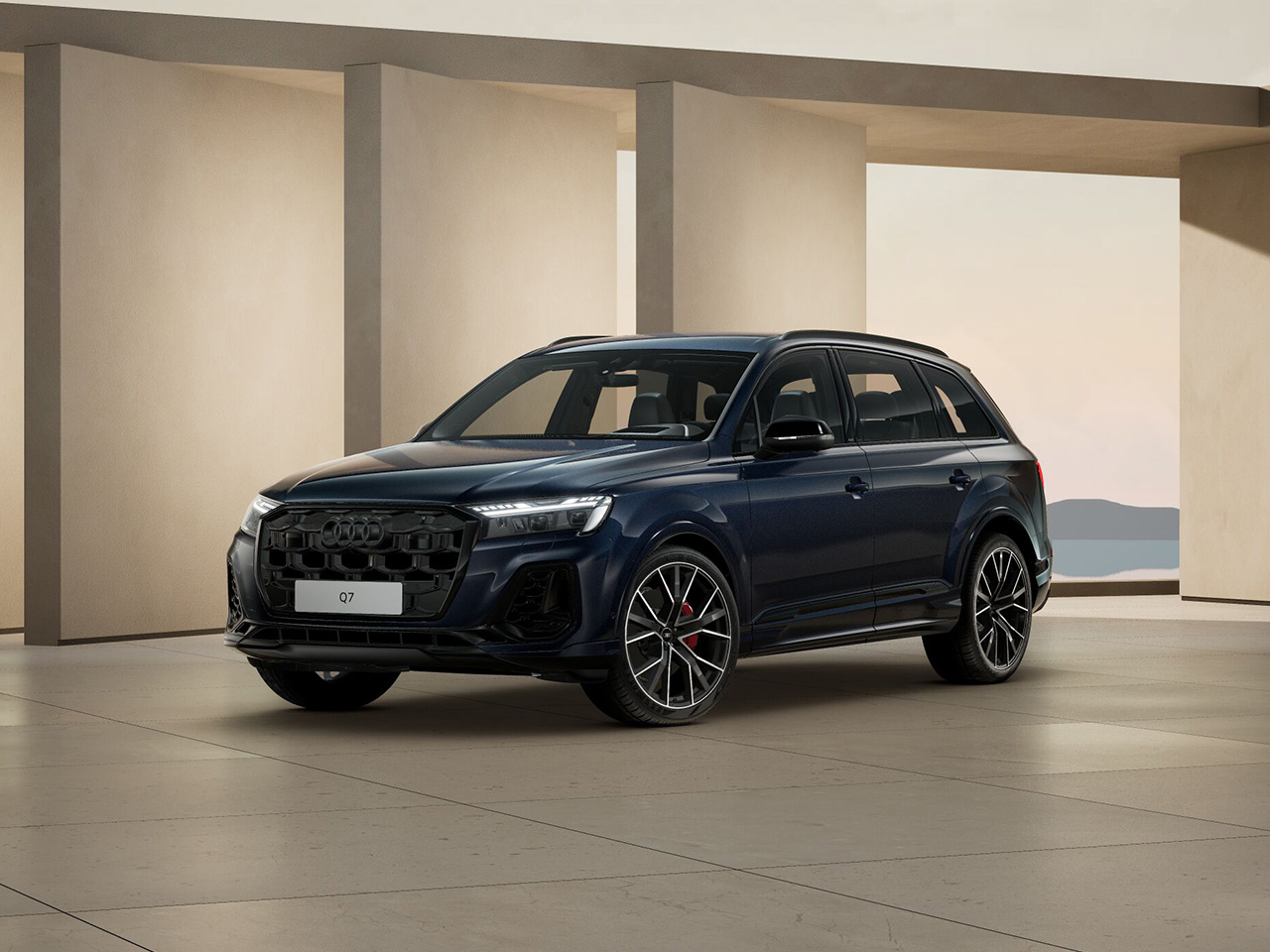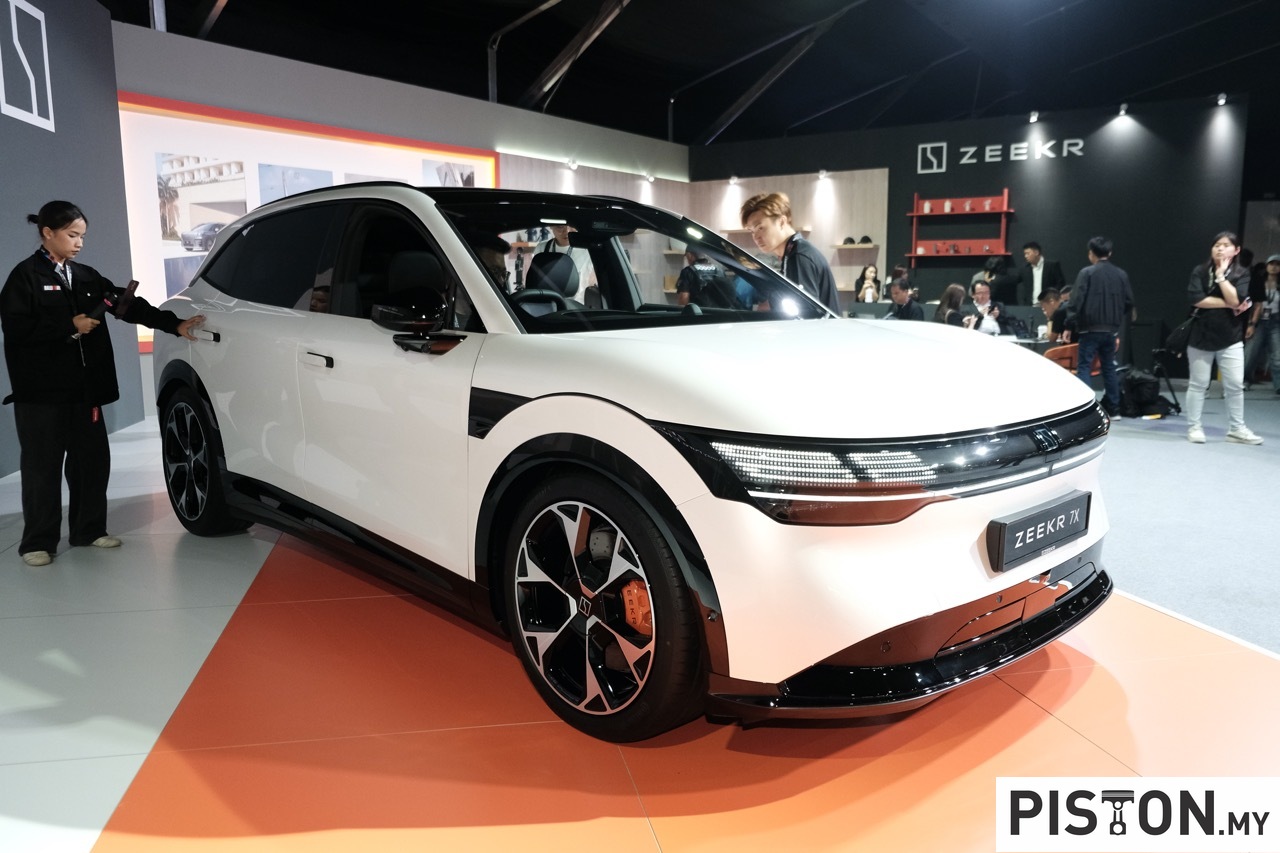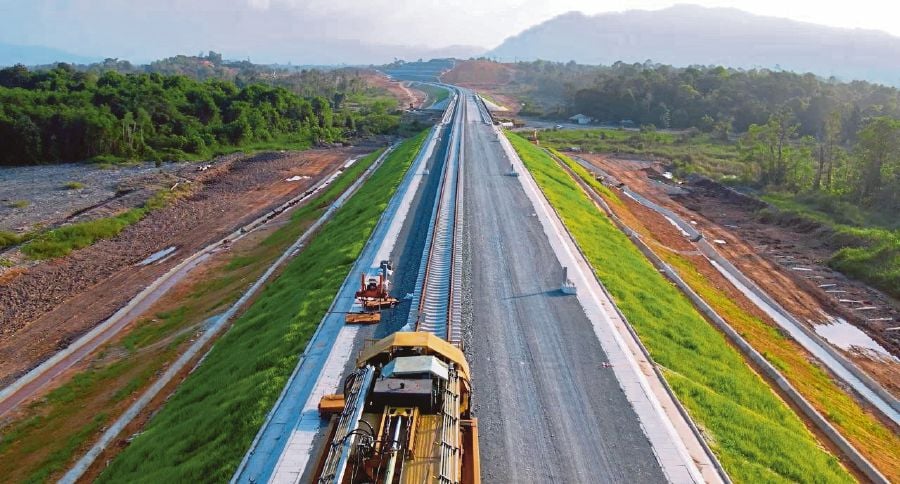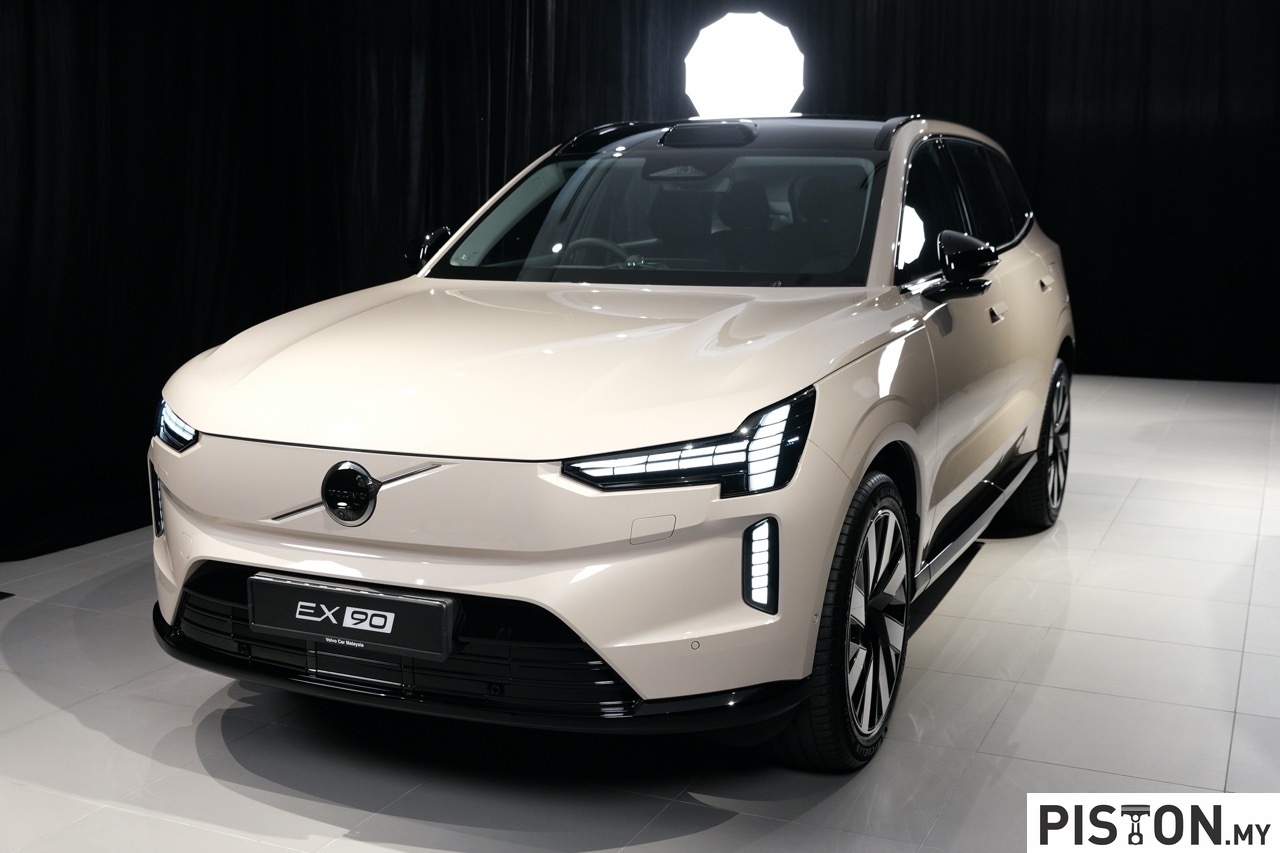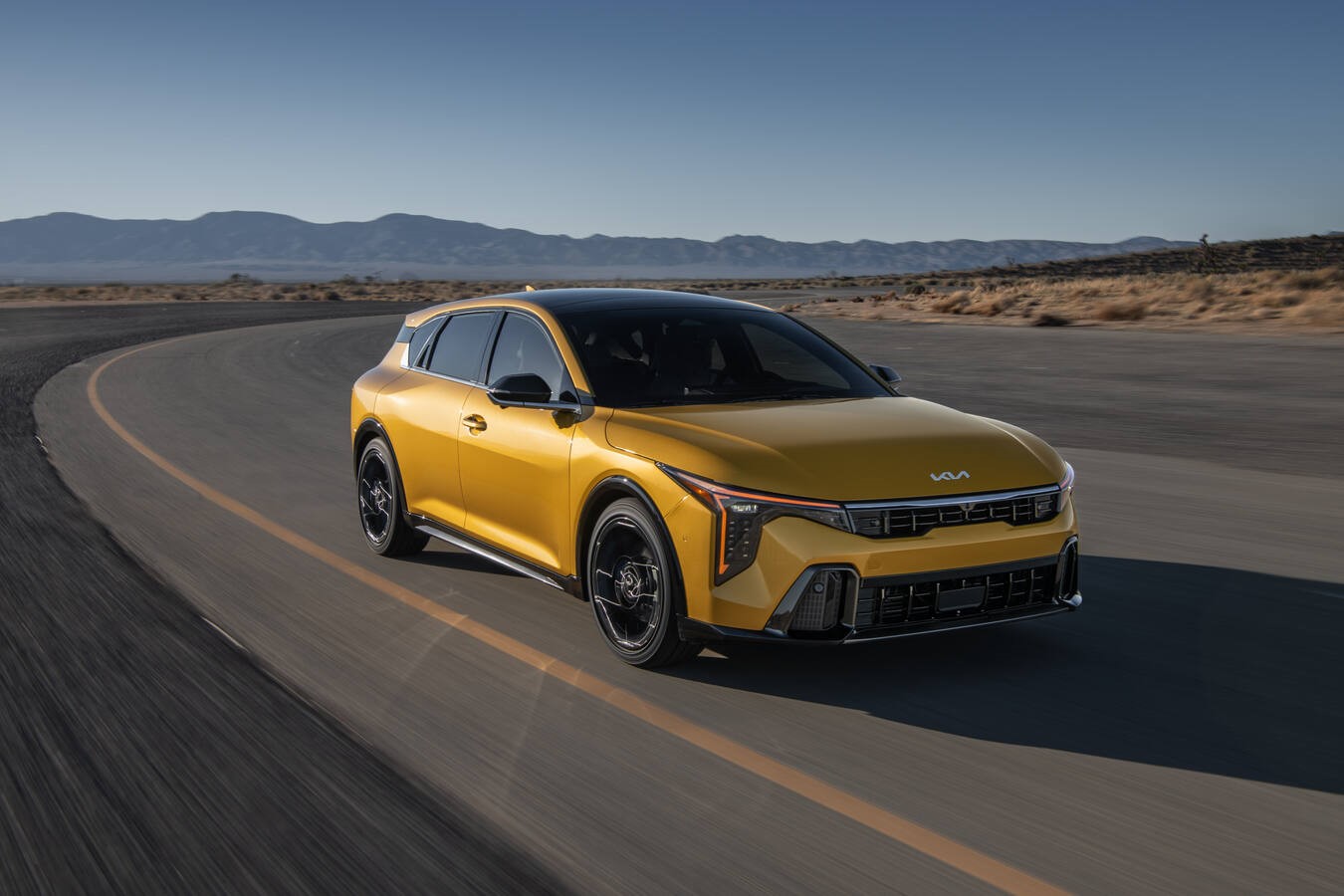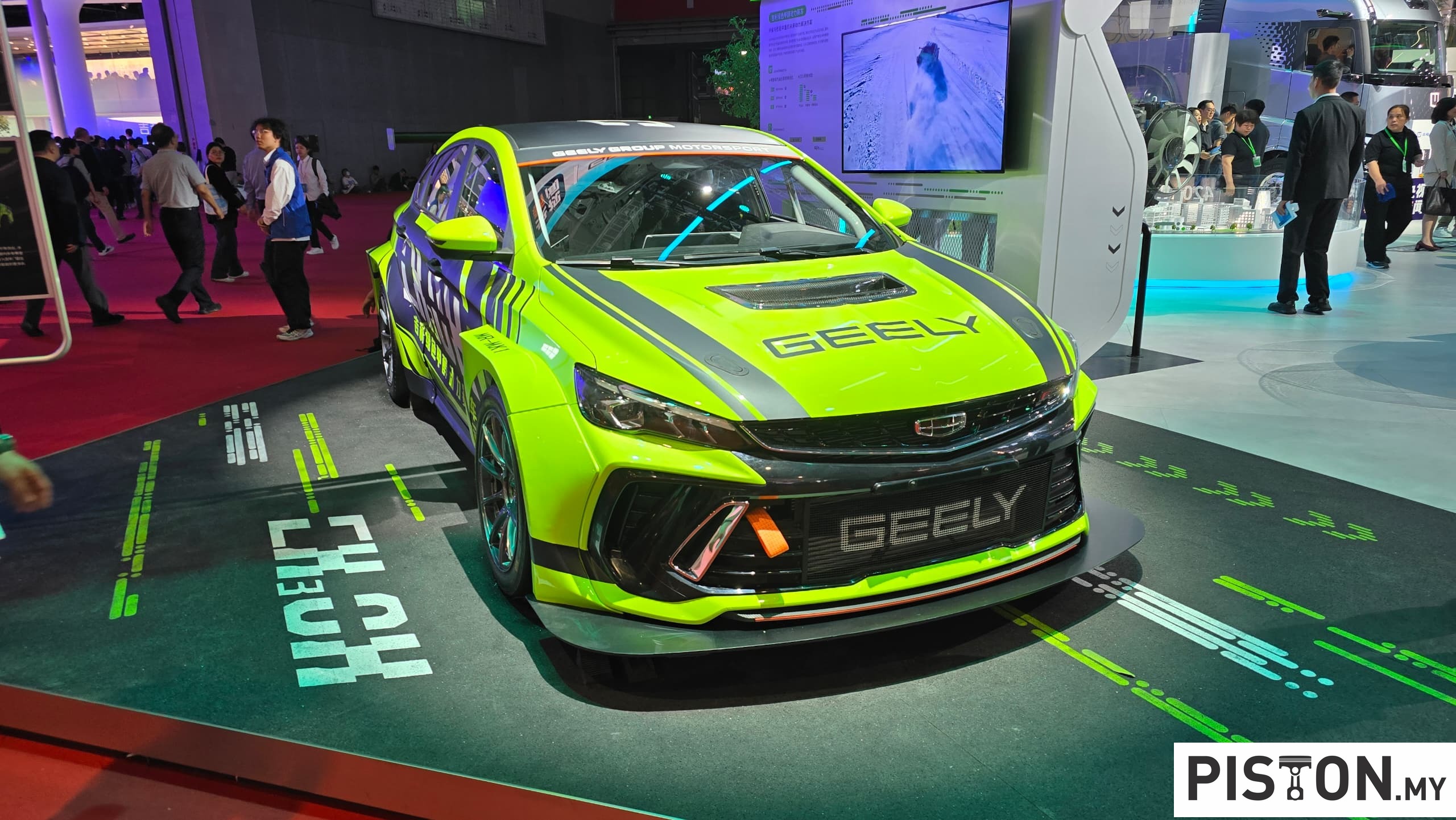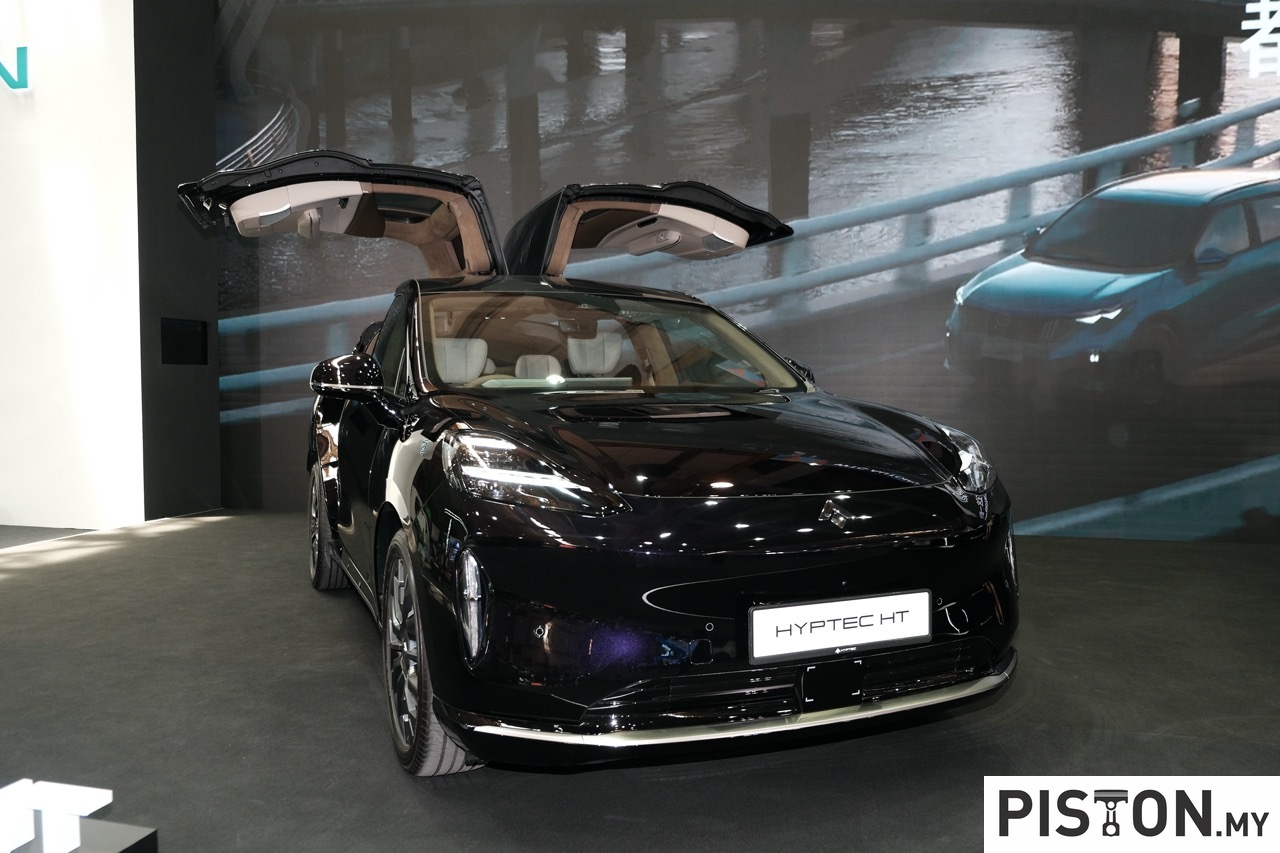Pick-up trucks are big business in the US market and have been top-sellers for decades. Their popularity made the Ford F-Series the bestselling vehicles on the planet (though almost entirely sold in North America). While the Big Three – GM, Ford and Chrysler – have long dominated this segment of the market, newcomers from foreign brands like Toyota and Nissan have also made inroads but the American trucks are still firmly entrenched.
Now comes the next wave of competitors in the segment and they are not only entirely new players like Tesla, EdisonFuture, Canoo and Rivian but they are also starting off with electrically-powered trucks so they are positioning themselves for the future. Ford and GM are already on the starting line as well with their own fully electric pick-ups that have seen soaring orders – to the extent that Ford had to stop taking orders for its new F-150 Lightning.
Most of the products of the new players are not in the market yet but have been shown at motorshows and drawn tremendous response. Orders are flooding in for vehicles that will begin to reach customers later this year and in coming years. Clearly, American buyers are receptive to the idea of electrically powered trucks even though, traditionally, such vehicles have had huge engines to give them their workhorse capabilities.
As EV technology is still developing and evolving, there are many approaches being taken and some are innovations too. One of the innovative new trucks is from a start-up called EdisonFuture. It’s a 2-year old company established and based in California but if you follow the ownership trail, it will lead back across the Pacific to China’s SPI Energy.
The Chinese company also owns Phoenix Motorcars, which has specialised in developing medium-duty electric vehicles for commercial markets over the past two decades. So EdisonFuture is already starting off with access to substantial technological resources for developing its products which are trucks.
EdisonFuture is working on at least two models, both of which have been shown in concept form. The first is the EF1-T which has a solar charging capability which will provide up to 55 kms of range per day. The integrated solar panel over the vehicle can be pulled out over the rear bed and locked into place to protect the contents. The unique panel is called ‘Armadillo Armour’ and presumably has a tough construction.
Utilizing the same chassis and platform of EF1-T, the EF1-V Delivery Van is a robust and modern multi-purpose van. It can be used for work as well as travel or personal use in varying road and environment conditions from city streets to off-road.
As it functions as a delivery van, the EF1-V is given an enclosed body with sliding side doors and varying cargo volumes within a space-efficient container that is almost 2 metres long. The entire top of the cargo box is covered with solar panels so the battery pack can be recharged while parked.
EdisonFuture will offer three different powertrains to suit different requirements with either one, two or three motors. Power and torque outputs have not been revealed yet but there is a claim of up to 725 kms on a fully charged battery pack for the tri-motor version. There will also be a choice of battery packs up to 180 kWh.
Since appearing at the Los Angeles Auto Show late last year, EdisonFuture has seen encouraging response though most of it has been for the pick-up rather than the delivery van. Perhaps there are also proven and cost-effective electric vans already in the market and fleet operators are satisfied with them, and expect to keep them in use for a while longer.
The designs that were shown are still conceptual and works in progress. Icona Design, an Italian group, has been brought on board to collaborate on the exterior design of the two vehicles. As the production models won’t be on sale till 2025, there will still be time to get feedback at motorshows and from fleet operators to get the design right.
“Our vision for EdisonFuture and Phoenix Motorcars is to be leaders in sustainable transportation with focus on energy efficiency and innovative design,” said Xiaofeng Peng, Chairman & CEO of SPI Energy earlier this year.
Canoo unveils fully electric pick-up truck with production to start in 2023




